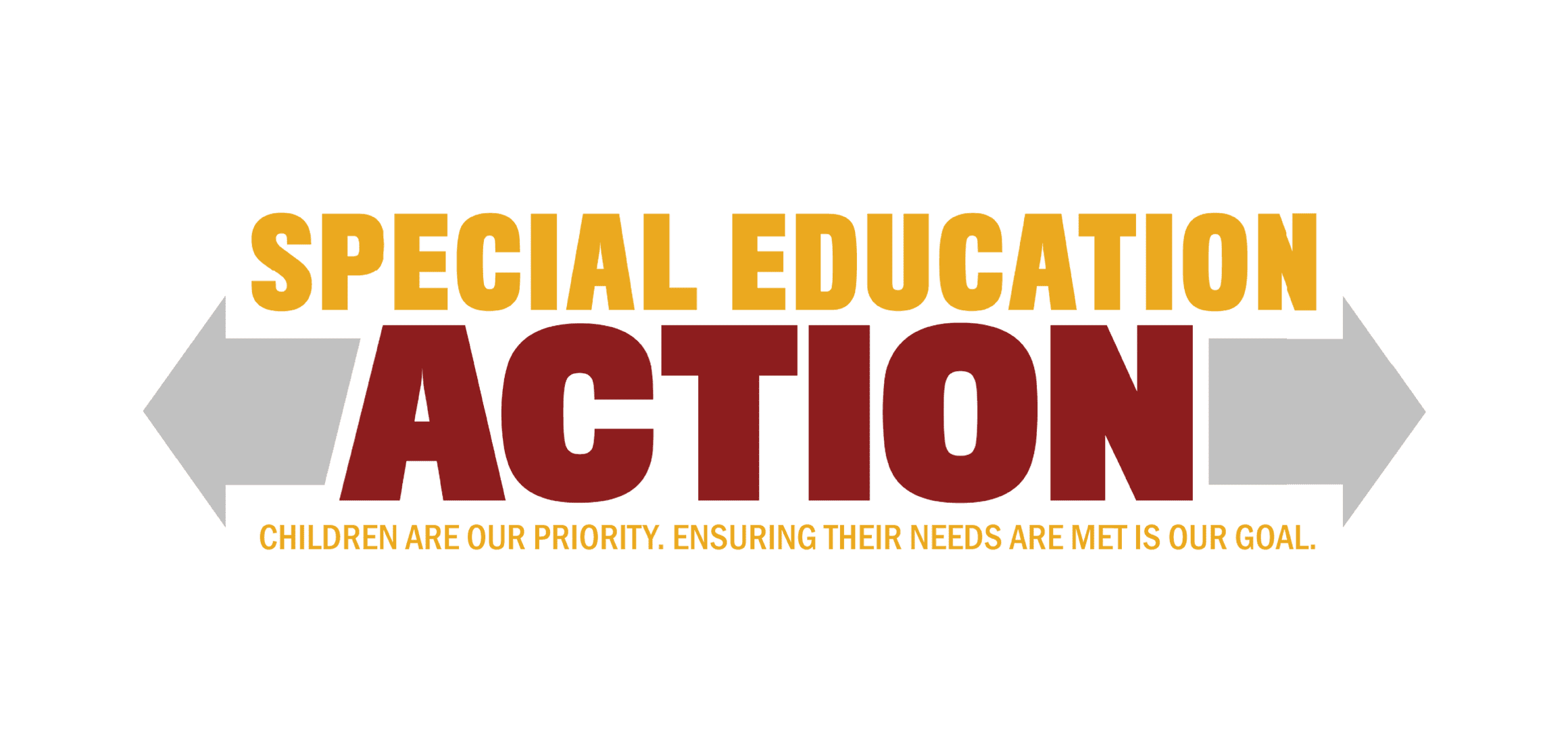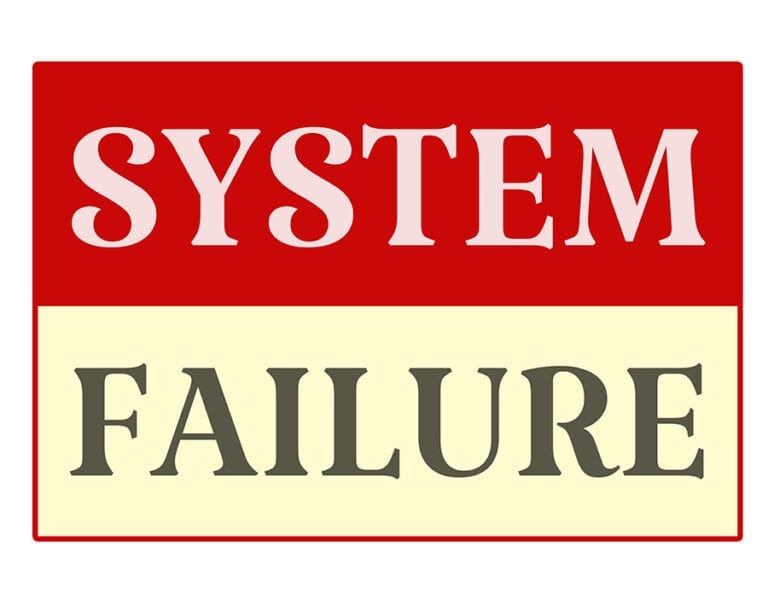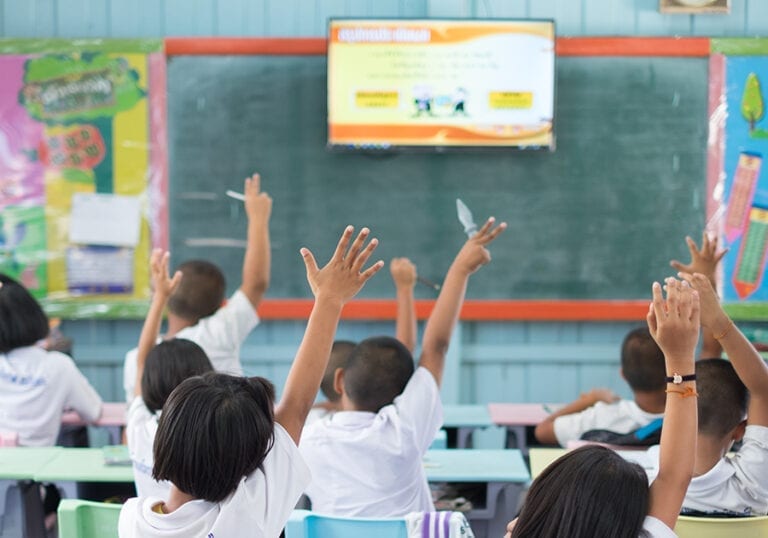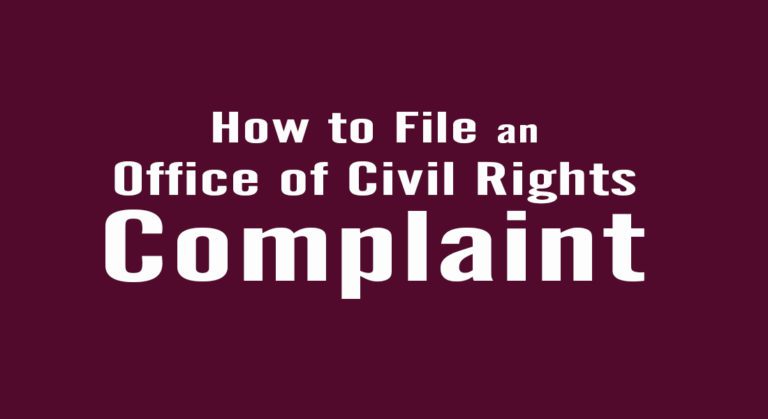
Special Education Action is a 501(c)3 nonprofit publisher covering special education.
Its mission is to ensure parents, educators, and students have the information and tools necessary to fully understand, address, and safeguard the unique needs of all students who require special education.
Recent Articles
The Language of IEPs and 504s: Eliminate “Access” and Define “Use”
“Access to Flash Pass”
“Access” is up there with “as needed” and “all” and “before”.
What is “access”, other than a word that is over-used and under-defined in IEPs and 504 Plans?
Portrait of a Systemic Complaint, Part III: Virginia Dept. of Ed. Bends Rules for Fairfax County Public Schools
December 8, 2022: This article was updated to include this mention of Office of Civil Rights (OCR) November 30, 2022, letter of findings about Fairfax County Public Schools and OCR’s resolution agreement with FCPS. OCR’s findings cite this systemic complaint and make it clear that parents should have prevailed in 2020.
When rules are set in concrete for parents, but set in Jell-O for school divisions, it is hard to believe that children will ever have their rights implemented in full.
If the very state education agency that is mandated by law to ensure the rights of children, is in noncompliance itself—and bends its own rules for school divisions—who will ensure the rights of children are implemented in full?
Portrait of a Systemic Complaint, Part II: Virginia Department of Education’s Notice of Complaint
December 7, 2022: This article was updated to include this mention of Office of Civil Rights November 30, 2022, letter of findings about Fairfax County Public Schools and OCR’s resolution agreement with FCPS. OCR’s findings cite this systemic complaint and make it clear that parents should have prevailed in 2020.
May 8, 2020, the Virginia Department of Education (VDOE) received a systemic complaint against Fairfax County Public Schools (FCPS).
VDOE issued its Notice of Complaint (NOC) May 18, 2018.
When you review the NOC, compare it with the parents’ complaint. You’ll see that the items VDOE picked to investigate aren’t the actual complaints, but information supporting the complaints.
As I wrote in Part I of this series, this is classic VDOE—and is a topic I’ll cover in depth at a later date.
Accommodation Breakdown: Strategic Seating
File this under “accommodations that shouldn’t go wrong, but end up leaving you paralyzed in jaw-dropping numbness” at the absurdness surrounding incorrect interpretations and/or implementations, or both.
What is Strategic Seating?
It is just what it sounds like—strategic seating. It is a seat in the classroom that is chosen for a specific student, to help address his or her unique needs.
Who knew such a straight forward accommodation could become a nightmare?
Portrait of a Systemic Complaint, Part I: Parents’ Complaint Against Fairfax County Public Schools
December 6, 2022: This article was updated to include this mention of Office of Civil Rights November 30, 2022, letter of findings about Fairfax County Public Schools and OCR’s resolution agreement with FCPS. OCR’s findings cite this systemic complaint and make it clear that parents should have prevailed in 2020.
This is part one of a series based on a pending systemic complaint against Fairfax County Public Schools (FCPS) and based on the Virginia Department of Education’s (VDOE) handling of the complaint.
May 8, 2020, a complaint against FCPS was submitted to the Virginia Department of Education (VDOE).
Five families and six children are listed on the complaint, which the parents asked VDOE to investigate at the systemic level.
In the three months since the complaint was submitted, VDOE and FCPS have exhibited how stacked the system is against the very children it is supposed to protect.
How to File an Office of Civil Rights Complaint
Read this article to learn how to file a complaint with OCR.





